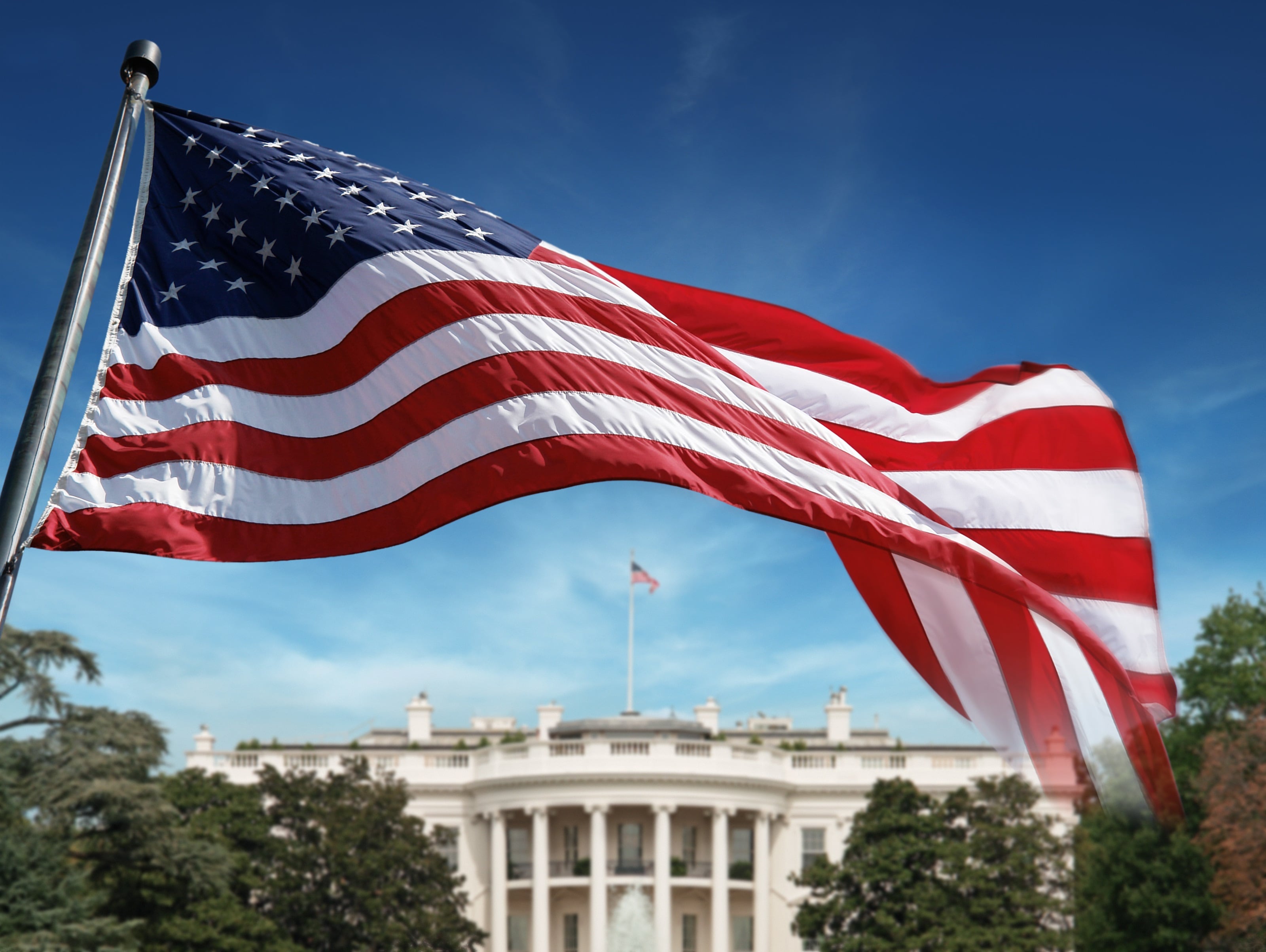The Trump administration paused its trade war with Canada and Mexico, but tensions remain high, which could complicate the global food system and impact consumers around the globe.
The Trump administration paused plans to add an additional 25% tariff on Canada and Mexico and a 10% additional tariff on imports from China the day before the tariffs were supposed to take effect. The tariffs initially were slated for Feb. 4.
Canada and Mexico will use the 30-day pause to address the Trump administration’s concerns around border security — his justification for the tariffs — according to AP News.
These tariffs were projected to shrink the US’s economic output by 0.4% and cost the average household $800 in 2025, according to the Washington DC-based tax policy think tank the Tax Foundation.
The tariffs would have impacted consumer prices for dairy, fruits, vegetables and meats within weeks, said Stephen Nicholson, global sector strategist of grain and oilseed for Rabobank.
“Food prices in store are going to be the quickest reactors because those are fairly short supply chains. People are not holding on to inventories of avocados or whatever fruit or vegetable,” Nicholson elaborated.
Trade tensions remain heated as the US is cut out of trade deals
Trump’s trade policies already are complicating US trade relationships well beyond the country’s borders, despite the pause, Nicholson explained.
Countries around the globe are securing trade deals without US involvement, given the unpredictable nature of US trade policy, Nicholson noted. “The EU has signed three trade agreements just in the last several months,” he added.
On Jan. 17, the EU and Mexico entered into a trade agreement that provides a “strong potential to increase EU agri-food exports to Mexico by removing high tariffs,” the European Commission shared in a statement.
“We are slowly seeing our allies, saying, ‘You know what? We do not want to wait on the United States. We are not going to wait. We got to move on and take care of our own interests,’” said Nicholson. “The danger is that we get cut out of lots of trade agreements and lots of trade channels that we should not be cut out of because we have food, and we have agricultural products to sell.”
Overseas trade policies also can impact consumers by raising fears that they cannot access certain foods, Nicholson explained.
India banned the export of balsamic rice in August 2023, which panicked some US and Canadian consumers, he said. The embargo left Costco stores in Canada bare after consumers panic bought items out of fears of a shortage, he added.
Consumer Brands Association and FMI call out cost of tariffs
CPG trade groups were quick to call out Trump’s proposed tariffs after media reports surfaced at the end of January that he was going to swiftly move on tariffs.
The Consumer Brands Association “supports a strategic America first trade policy,” but called out the impact tariffs would have on both consumers and food manufacturers, Tom Madrecki, VP of supply chain resiliency, said in a statement.
“Tariffs on all imported goods from Mexico and Canada — especially on ingredients and inputs that are not available in the US — could lead to higher consumer prices and retaliation against US exporters. Despite sourcing the vast majority of ingredients and inputs from US farms and domestic suppliers, CPG companies depend on global supply chains for certain imports due to unique growing conditions and other limiting factors around the world. We urge leaders in Mexico and Canada to work with President Trump to protect consumers’ access to affordable products and remove tariffs that could contribute to grocery inflation,” said Madrecki.
FMI – The Food Industry Association voiced similar concerns around what tariffs would mean for retailers and consumers, but said that the organization stands “ready to work with the Trump administration to help reduce inflationary regulations and improve the buying power of America,” CEO and President Leslie Saras shared in a statement.
“American consumers value local farmers and local food products, but also availability of products 12 months of the year, which requires imports of food products. With 1.6% retail and 7.5% food manufacturing net margins, tariffs will put incredible pressure on our members. New tariffs will also drive up the cost of doing business and food prices at a time consumers are extremely concerned about prices,” Sarasin elaborated.



